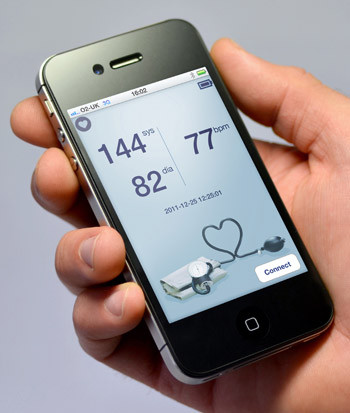Reviews mHealth app users leave at app stores are not trustworthy for patients or caregivers, a new study suggest, adding that consumers are best off relying on personal and clinical judgment when choosing an app for their needs.
Recently published in the Journal of Medical Internet Research (JMIR), the study looked at depression and smoking cessation apps, and has found a wide variations concerning effectiveness, performance and ease of use.
The authors — which stem from Harvard Medical School, Boston-based Brigham and Women’s Hospital, the University of California Davis Medical School and consultant Payer+Provider Syndicate — concluded that consumers should conduct their own assessments while taking into account feedback and reviews.
“These findings suggest that mHealth app reviews should be used cautiously, especially if they rely upon measures which have not been validated,” author Adam Powell, Ph.D. (pictured), president of Payer+Provider Syndicate, told FierceMobileHealthcare. “When ratings are unreliable, there is the chance that consumers are being needlessly discouraged from using some apps and unjustifiably encouraged to use others.”
He also noted about the issue of security, which could move some customers away from using mHealth apps, adding example of NHS’ own Health Apps Library that has found to contain apps with malicious code.
The industry has acknowledged these issues and Europe is moving towards app verification scheme for health apps. To that end, a working group representing citizens, research and industry organizations will be formed next month to develop guidelines for verifying mHealth app data.
The situation is similar on the other side of the Pond. Although we’ve seen FTC reacting over deceptive app claims, there are no clear standards in the mHealth app development. Two different initiatives emerged to curate health apps, one from SocialWellth and Columbia University-based HITLAB, and on the other from MIT’s Hacking Medicine Institute.
However, the lack of oversight doesn’t worry Powell, who thinks that non-governmental sources are best suited to help users distinguish between genuinely useful app and those that simply don’t work, let alone could cause harm.
“We are in the early years of developing quality measures, and more effort is needed,” he said.


